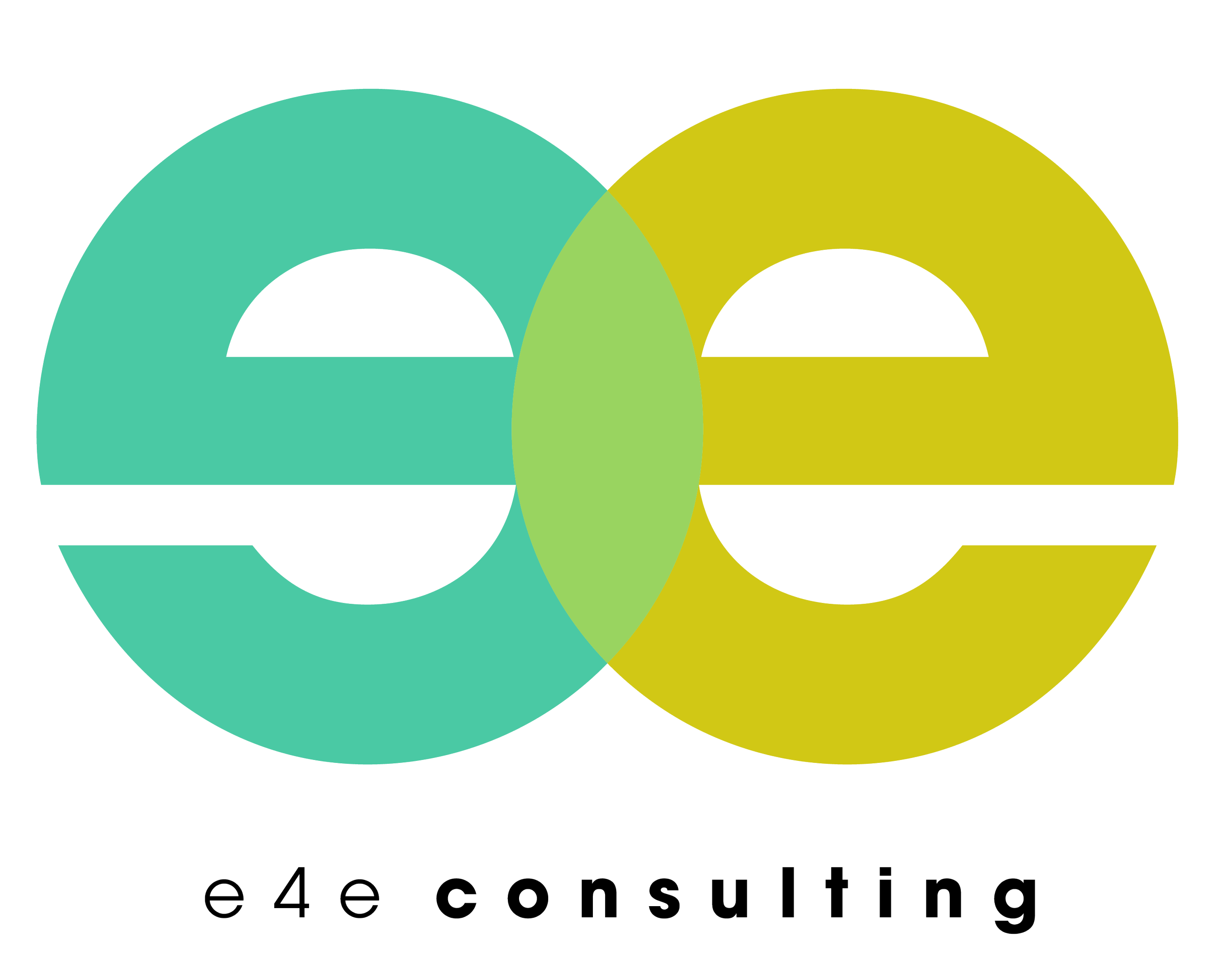How to be an Advocate for Equity
Despite the efforts of the Federal Government, there are still American companies, non-profits, and professionals who are interested in building a more diverse, equitable, and inclusive world. Many companies were forced to abandon their efforts or dismantle their departments because of their governmental contracts and ties to federal resources. Though many were purged from these companies, some professionals remain tasked with reimagining what DEI could be, without using the words associated with the acronym DEI.
Here is a list of things Advocates for Equity can do in their positions to continue to affirm the values of DEI without using the acronym—or even saying the words.
1. Change how you speak, use non-violent communication.
One of the keys of this style of communication is to understand our needs and the needs of those we are speaking with. To use our communication to fulfill the needs of others, while also fulfilling the needs we have within ourselves. Ask yourself: what do I need to get out of this conversation? How do I need to feel when the conversation is over? Always keep empathy and compassion in mind.
2. See yourself in others
Once I was traveling by car with my 86-year-old mother. She has very bad knees and refuses to use a cane, or a walker, even though this means she has to heavily lean on family members to move from one place to another. We stopped at a gas station so she could use the restroom and we walked slowly from the car to the entrance to the store. Just as we got to the door, an old white man with a Trump Shirt and a MAGA hat opened it for us and stood aside for us to slowly enter. As I thanked him, he said to me, “My mom is going through it too. I know what you are dealing with. You and your mom have a blessed day.” This is not meant to be political commentary, only an account of a gesture that affirmed the principle that when you see yourself in others, you become more empathetic and compassionate about their circumstances.
3. Continue to Read and to Share
Even in a time when organizations—especially in education—are being regulated for what they say, what they read, what they know, and what they teach, what remains unregulated is the human mind. As individuals, we still have access to the books, films, facts, and critical thought that can help us push back against infringements on our rights and on our intelligence. We are not bound by book bans, censorship, and political dogma attempting to turn us away from information. Whenever someone works so hard to make information inaccessible, you must question why. Why are political forces working harder to keep books about race or gender away from us, but are not working as hard to keep, for example, guns out of our schools? Banned books by a right wing government become must-reads for those who live to resist. The more we read, watch, and share, the more we undermine these draconian assaults on our own education.
4. Stand Your Ground
If you are in the uncomfortable and unfortunate position of having to be subject to a barrage or majority of opinions that denigrate diversity, you do not have to endure these assaults on your sensibility silently. There are clever ways that you can promote your ideas without being in direct confrontation. You can carry a U.S. Constitution with you and use it as a tool to inform people of what it says. You can even read it at meetings, especially the sections that affirm the rights to free speech, due process, and voting. You can play music either in headphones for your own sanity or on speakers when appropriate that affirm your values and diversify the sound of these spaces. You can publicly read books that are either on the banned list, or have provocative titles that make statements without you voicing anything. You can form reading groups, book clubs, or other entities that encourage participants to read and discuss these critical issues about the future of equity in our country.
5. Share the Wealth
The dismantling of the DEI industry is more ideological than it is market based. If the market continues to value diversity, and recognize the impact and importance of inclusion, the market will determine the future of DEI more than the government will. Even if your organization whether non-profit or for-profit has decided to dismantle your DEI programs, it is impractical to think you will continue to provide high quality services to communities you know nothing about. It will continue to be important to have qualified employees from the communities these institutions serve. There will continue to be value in the presence of people of color in institutions that are serving communities of color. There are many market-based ways to affirm the commitment to diversity beyond DEI initiatives. Perhaps the phrase “DEI” has been made toxic, but there is value in the market to serve and include people from diverse communities.
DEI is an American promise. It is the inevitable result of a constitution that affirms individual rights of people, and raises liberty, freedom, and equality as values. It is a stop along the stairwell to a world where living in nationhood affirms wellness, good will, and the best of humanity. The beloved community that Dr. Martin Luther King Jr—one of the greatest citizens in the history of this country—spoke so powerfully about. A world that criminalizes and defunds Dr. King’s dreams is not a world, or a country, I want to live in. I know I am not alone.
